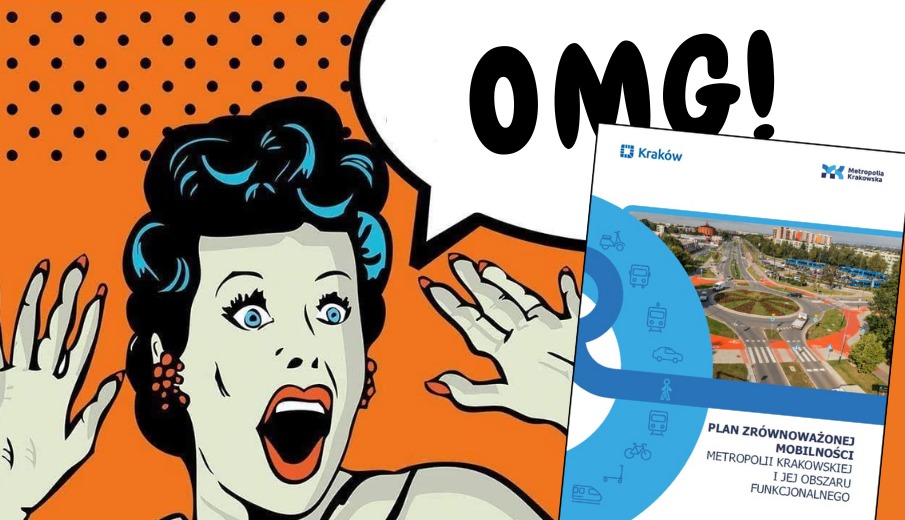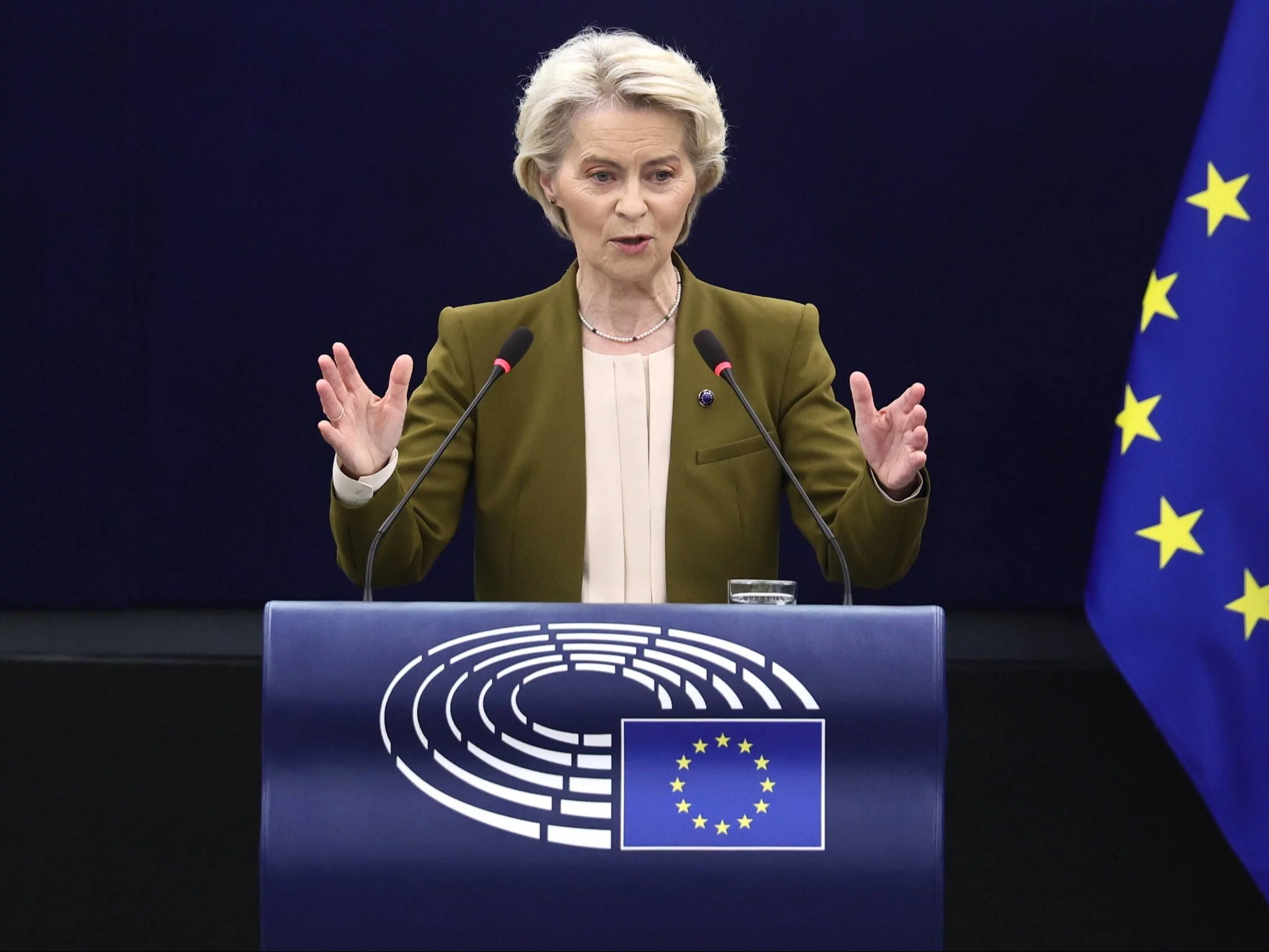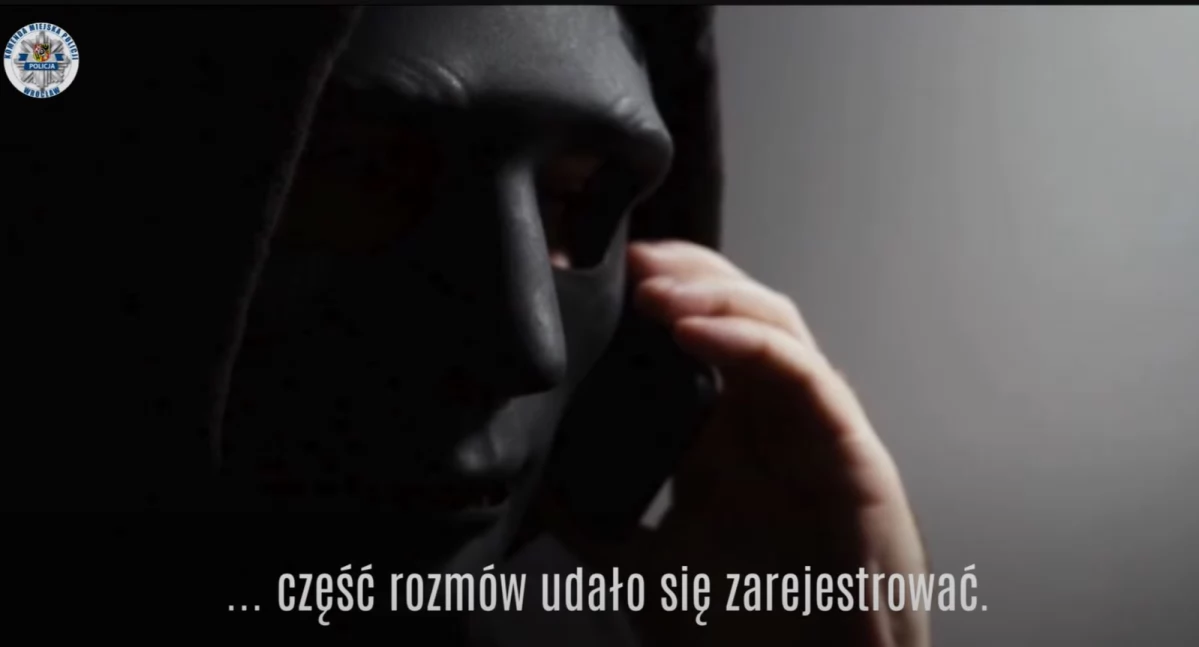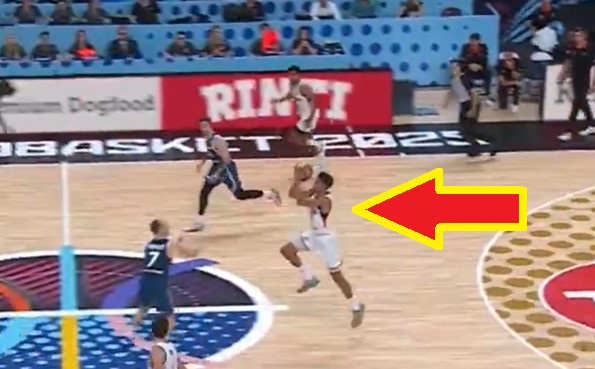W Krakow is moving out of time where attention can be sent to the Plan for Sustainable Mobility of the Kraków Metropolitan Area (SUMP). What do I gotta say after the alleged public consultation? It's a dream! Why? Let me explain.
By 6 November 2023, attention can inactive be paid to the Plan for Sustainable Mobility of Kraków Metropolitan Area and its Functional Area (SUMP) and environmental impact forecasts. Information about the plan and all papers can be found HERE.
As part of the consultation, 7 meetings were held with residents of Krakow and surrounding municipalities. Their motion is sad. civilian society de facto does not exist. It turns out that the level of interest in consultation from residents is minimal – and that is 1 problem. The second problem is more serious... and he can explain the first one. For the real impact of citizens on the proposed solutions is in practice nothing. At least specified a conclusion can be drawn after public consultations on SUMP in Cracow.
How'd it go? On 30 October there were possibly 30 people present in the gathering area of the Krakow City Hall (about the second so many registered participants online), of which the main part (in the hall) were activists and experts connected with the movement We won't quit the city.The second largest group was... local officials. respective people (and that's a large word) curious in urban topics came to the consultation.
The representatives of the office understood and respected the speakers and accepted all vote, both in favour and against different solutions, whether planned or already promoted in the city, after which they made it clear that they were not, in principle, the voices concerning the straight consulted Plan (usually besides detailed) and asked for circumstantial comments in writing, but already relating to the Plan's provisions.
So much for consulting. due to the fact that the crucial question about them is different. To the degree that the voice of citizens can be included and included in the "consulted" SUMP vision. The fact that officials assured that all vote would be considered and analysed that this voice had a chance to be included in the final paper does not mean anything yet. I asked, after the authoritative part of the consultation, the typical of the office: How many comments have a chance to be taken into account? To what degree can the paper be modified? The answer was clear – there are possible changes that... fall within the framework set by the European Commission. The draft paper must contain the elements required by the EU bureaucrats, so that the Plan can in future become the basis for the implementation of concrete urban projects supported by EU money...!
The conclusion is clear. Public consultation is just a fig leaf. This is simply a point that needs to be realised and noted so that it can then tell dissatisfied residents – after all, these are solutions consulted with citizens! That's what you wanted!
There's another question. I asked about existing laws (such as national laws) on which the consulted Plan is based. What did it turn out to be? There are no specified acts in fact. The plan is based on EU guidelines, visions and transport strategies drawn in Brussels. And these self-government strategies that want to cut off any of the EU cake implement at home...
What about the residents, their needs? Officially, it could be heard that officials want to make all means of transport. Only that the practice indicates that as long as collective transport, micromobility, or walks are being developed, the driving of the car should be rolled. This is besides served by the solution mentioned in the consultation. We are talking about narrowing the streets, further liquidation of parking spaces in the centre and increases in prices for parking in the paid area. It is besides the alleged traffic filtering (barriers for motor traffic and forcing the road keys) or the signaled velocity limit "tempo 30" and already adopted in Krakow Clean Transport Zone.
Officials say that SUMP is not a car ban. That's a fact. There's no prohibition. There is, however, a nuisance and difficulty in utilizing the car so that drivers (especially those from the downtown area) do not want them. And all this is done under the slogan of getting to the drivers with information that there are also convenient options and you don't always gotta usage the car. The problem is that if this were true, the inhabitants would rapidly see these advantages of another means of communication.
One can get the impression that the reverse order of action has been adopted here – it starts with "convincing" (obstacles), alternatively of organizing a convenient alternative. If it existed, the users would know how to usage it... Interestingly, the urban imagination shows that older people are arriving, but someway this fact is not connected to the fact that it is harder for them to usage their bike or to scope anywhere on foot...
In this fight against drivers, 1 forgets that the city is meant to be for residents. And this is not about being able to drive a car in the Main marketplace Square, but to have common sense and not ideology behind communication solutions. Meanwhile, what is offered to residents is only about "sustainable mobility", "security" and "environment". Only that these demands are not implemented logically, based on local investigation and improvement for a peculiar city (and yet each 1 is different and requires an individual look). Plans are not made in view of the convenience of all residents, but they work according to the EU's standards set above, which "know better". Is that the only way to make a city truly friendly to residents?
Marcin Austyn
See also:
With a grin on your lips against the residents – SUMP task for Krakow















